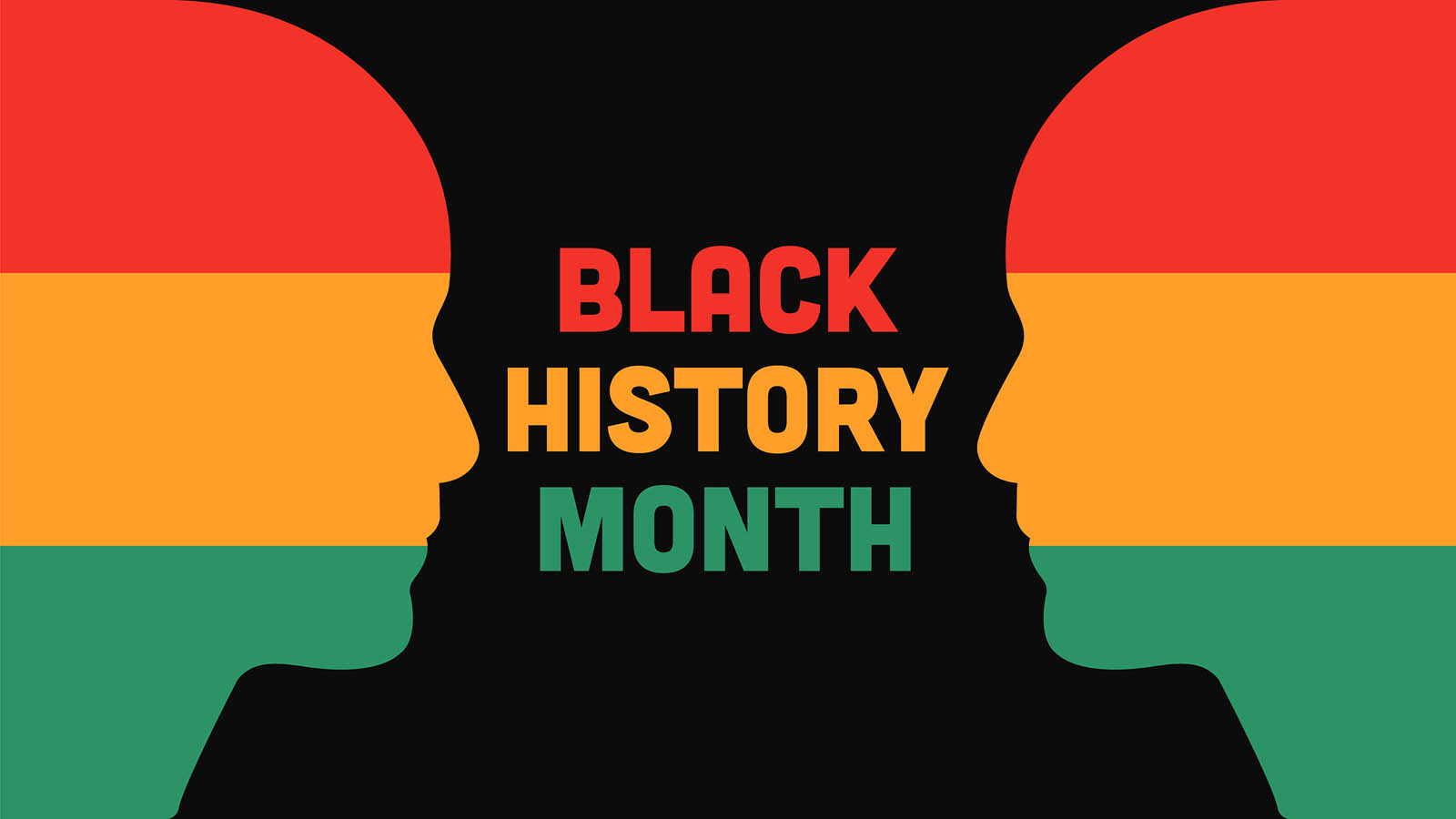
More Than February: Beyond Black History Month
Filed Under: Multicultural
Angela Roberts
Vice President, Administration & Project Support
How does your brand celebrate Black History Month? If you’re a retailer, do you set up a designated space in the store to showcase Black-owned products during the month of February? If you’re a media or broadcast outlet, do you add special Black programming to your line-up and set it to expire after the end of February? If you’re a marketer, do you shift your focus to the Black consumer during February more than any other time of the year? Or, does your brand rush to get something out for the month—perhaps a “Happy Black History Month” statement on your website? If you do any of this, good for you for acknowledging this time, but what should you really be doing during Black History Month?
Black History Month is a time to celebrate the contributions that the Black community has made to our country. It’s a time to celebrate our ancestors and those who are currently making significant contributions and will one day take their place among the annals of Black history. But, what is Black History Month NOT the time for?

This is not the green light to signal a 28-day period to target your marketing efforts to Black consumers, 29-day period in 2024 thanks to the leap year. Unlike some of the well-intentioned New Year’s resolutions that lose steam and commitment as early as Q1, the Black consumer is still present and relevant beyond the month of February. Nielsen is projecting that Black buying power in the U.S. will grow to $1.98 trillion by 2025. That buying power extends well past the month of February. Where the Black community is seeing themselves and how they’re being depicted in the media should top the list of considerations in brands’ marketing strategies. Representation, and getting that representation right, is key for marketers to connect authentically with this community. Nielsen’s October 2022 report on Amplifying Black Voices in Media provides some thoughtful guidance on how to make those connections.
C+R’s POV

C+R and its CultureBeat team encourage keeping a pulse on your marketing efforts to the Black community to ensure that you are connecting authentically with them:
- Institute a marketing strategy that positions your brand to achieve brand loyalty with the community.
- Expand your timeline to focus your efforts to connect with the Black community during more than just February.
- Be very thoughtful in your depiction of cultural representation. How the Black community sees themselves in your advertising is key to a successful connection.
We hope that you’ve enjoyed and learned from the content that we’ve shared with you this month, and we invite you to browse other content that our CultureBeat team has curated by visiting our website. Our ebook, More Than Meets the Eye: The Many Shades of Black Identity, that highlights some of the diverse identities that make up the Black community, is a must read. Our CultureBeat team of multicultural experts is ready to partner with you in your efforts to connect with, and gain loyalty from, the Black community. Reach out to us when you are also ready.
explore featured
Case studies

